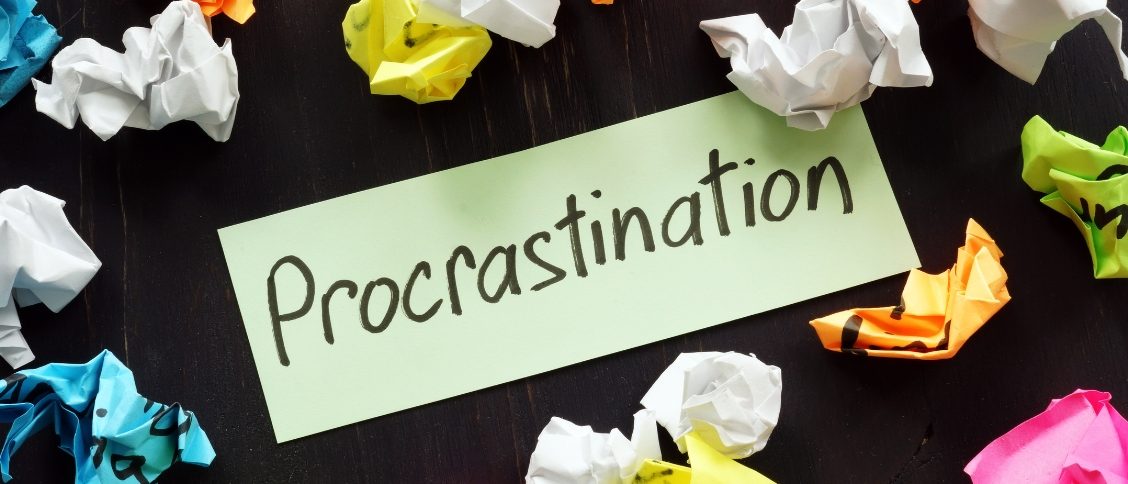 Guides to procrastination
Guides to procrastination
Here are some guides to procrastination in teens:
- Break Tasks into Smaller Steps: Large tasks can seem daunting and lead to procrastination. Encourage breaking them down into smaller, more manageable steps. This makes them less overwhelming and easier to tackle.
- Set Specific Goals and Deadlines: Help teens set clear, achievable goals for their tasks as well as deadlines for completion. Having specific objectives in mind can increase motivation and reduce procrastination.
- Create a Schedule: Establishing a routine or schedule can help teens manage their time effectively. Allocate specific time slots for studying, homework, and leisure activities. This helps with staying organized and reduces the likelihood of putting off tasks.
- Minimize Distractions: Identify common distractions, such as social media, video games, or television, and encourage minimizing them during study or work periods. Setting designated times for leisure activities can help maintain focus during tasks.
- Use Time Management Techniques: Teach teens effective time management techniques such as the Pomodoro Technique (working for a set period followed by a short break), time blocking (allocating specific time slots for different activities), or using productivity apps to track progress.
- Find Motivation: Help teens connect tasks to their personal interests, long-term goals, or values. Understanding the purpose and relevance of what they’re doing can boost motivation and reduce procrastination.
- Practice self-compassion: Encourage teens to be kind to themselves when they struggle with procrastination. Remind them that occasional procrastination is normal and doesn’t define their worth. Instead of dwelling on past procrastination, focus on taking proactive steps to improve.
- Seek Support: Encourage teens to reach out for support from teachers, parents, or peers if they’re struggling with a particular subject or task. Sometimes, discussing challenges with others can provide new perspectives and helpful advice.
- Develop Effective Study Habits: Teach teens study techniques such as summarizing material, creating flashcards, or teaching concepts to someone else. Developing effective study habits can make tasks feel more manageable and reduce the temptation to procrastinate.
- Celebrate Progress: Acknowledge and celebrate small achievements along the way. Recognizing progress, no matter how small, can boost motivation and reinforce positive behaviors.
Remember, overcoming procrastination is a gradual process, and it’s essential to be patient and persistent in implementing these strategies. Helping teens develop effective time management skills and strategies for combating procrastination can set them up for success in both their academic and personal lives.
